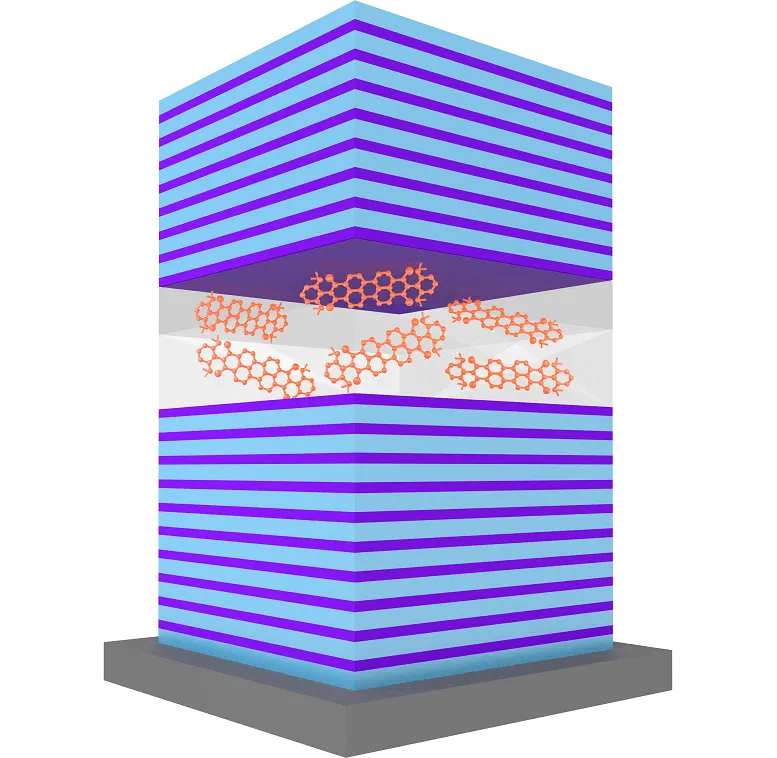According to quantum physics laws, a battery with a shorter recharge time than the stored energy was created by researchers at the Politecnico di Milano and the Institute of Photonics and Nanotechnologies of Cnr.
Quantum batteries, a new type of energy storage device, operate on quantum physics principles. This science studies the infinitely small and does not apply the laws of classical physical physics. Tersilla Virgili of the National Research Council (Cnr) and Giulio Cerullo of Politecnico di Milano’s Physics Department have demonstrated that a quantum battery can be charged faster and with a larger capacity. This work was done in collaboration with other international research groups and was published in Science Advances.
“Quantum batteries possess a counterintuitive property where the recharge time for a battery is inversely proportional to its battery capacity, which is the amount stored electrical charge,” Virgili explains. This leads to the fascinating idea that quantum batteries have super-extensive charging power, which means that it is more efficient than other types of batteries.
The microcavity is made up of organic molecules suspended in an inert matrix. Cerullo explains that each molecule can exist in a quantum superposition state of two energy levels (fundamental or excited) in the same way that a qubit can be both 0 & 1 simultaneously in quantum computers.
The quantum battery can be constructed so that the units can exist in superposition. This allows the whole system to behave collectively. Quantum coherence is a behavior that will enable teams to act together. This creates a hyper-fast charging effect depending on the number of molecule units.
Virgili concludes that “this device can be used in various scientific and technological areas such as wireless chargers and solar cells and cameras.”
